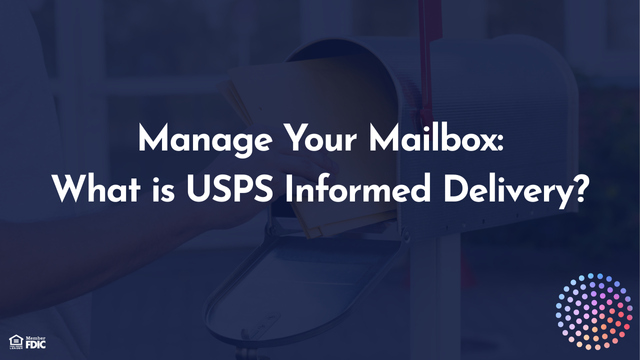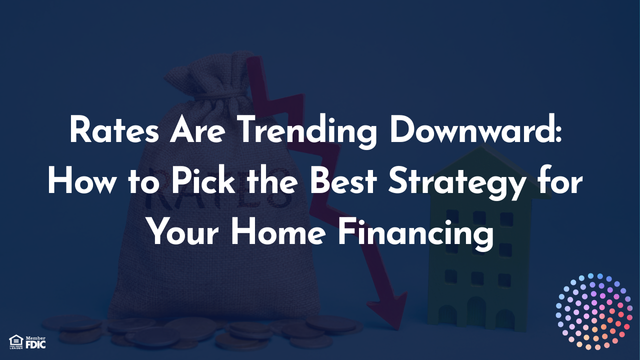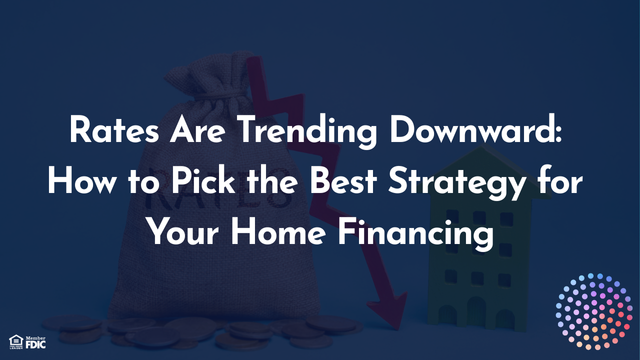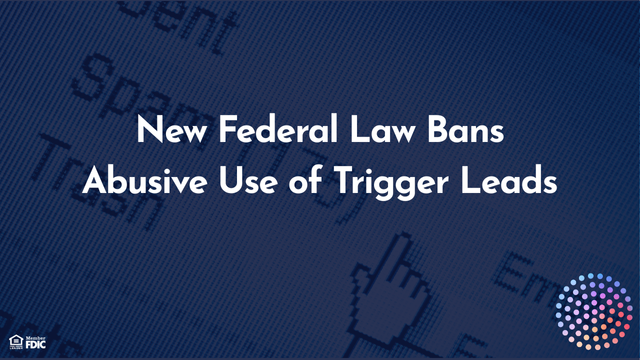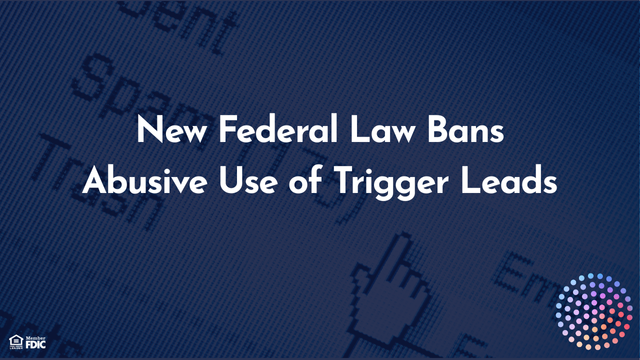Understanding Capital Gains in Real Estate
June 17, 2025
Understanding Capital Gains in Real Estate
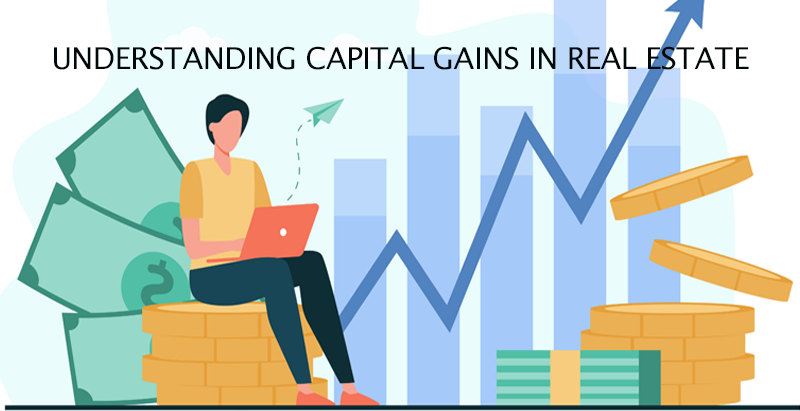
When you sell a stock, you owe taxes on your gain the difference between what you paid for the stock and what you sold it for. The same is true with selling a home (or a second home), but there are some special considerations.
In real estate, capital gains are based not on what you paid for the home, but on its adjusted cost basis.
To calculate this:
1. Take the purchase price of the home: This is the sale price, not the amount of money you actually contributed at closing.
2. Add adjustments:
3. The total of this is the adjusted cost basis of your home. 4. Subtract this adjusted cost basis from the amount you sell your home for. This is your capital gain.
Since 1997, up to $250,000 in capital gains ($500,000 for a married couple) on the sale of a home is exempt from taxation if you meet the following criteria:
Also note that as of 2003, you also may qualify for this exemption if you meet what the IRS calls "unforeseen circumstances," such as job loss, divorce, or family medical emergency.
How to Calculate Gain
1. Take the purchase price of the home: This is the sale price, not the amount of money you actually contributed at closing.
2. Add adjustments:
- Cost of the purchase, including transfer fees, attorney fees, inspections, but not points you paid on your mortgage.
- Cost of sale, including inspections, attorney's fee, real estate commission, and money you spent to fix up your home just prior to sale.
- Cost of improvements, including room additions, deck, etc. Note here that improvements do not include repairing or replacing something already there, such as putting on a new roof or buying a new furnace.
3. The total of this is the adjusted cost basis of your home. 4. Subtract this adjusted cost basis from the amount you sell your home for. This is your capital gain.
A Special Real Estate Exemption for Capital Gains
- You have lived in the home as your principal residence for two out of the last five years.
- You have not sold or exchanged another home during the two years preceding the sale.
Also note that as of 2003, you also may qualify for this exemption if you meet what the IRS calls "unforeseen circumstances," such as job loss, divorce, or family medical emergency.


